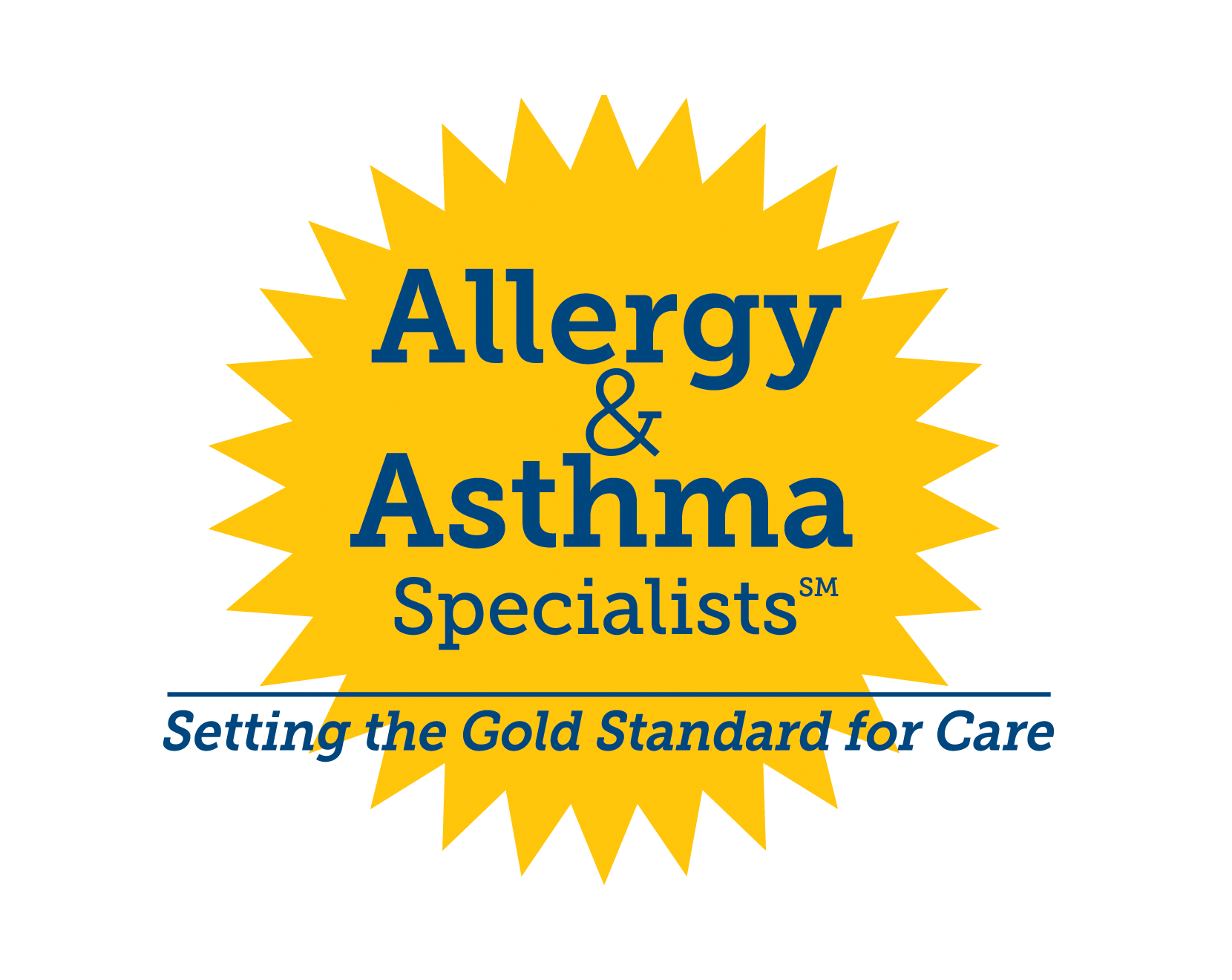
The following content is created in consultation with Allergy & Asthma SpecialistsSM. It does not reflect the work or opinions of NBC Philadelphia's editorial staff. To learn more about Allergy & Asthma SpecialistsSM, click here.
When spring allergies strike, many of us react by running to the drug store in search of over-the-counter medications like nasal steroids and antihistamines and behind-the-counter decongestants.
Unfortunately, self-medicating often leads to little or no relief in those with more than mild allergies, and taking first generation antihistamines can result in nasty side effects like drowsiness, dizziness and constipation. To compound matters, allergy symptoms can be confusing—with many masquerading as the signs of a common cold—while finding the appropriate medication can be downright daunting.
“When you walk through the medication aisle at the store it can be absolutely overwhelming,” says Dr. Nora Lin, a Physician and Director with Allergy & Asthma SpecialistsSM. “There are a tremendous number of options and it can be very tough to know which are the right ones to try.”
In fact, allergy medications can actually make some sufferers feel worse.
Rather than wade through the medication quagmire at your local drug store, Dr. Lin suggests seeing an allergist. With a wealth of knowledge, experience and resources at his or her disposal, an allergist can quickly and effectively diagnose your condition or that of a loved one, before recommending the best path to relief.
“If someone has a suspicion of having allergies they should absolutely see an allergist,” says Dr. Lin. “An allergist can help figure all of that out and guide them on the proper medications for symptom control.”
Allergy symptoms can be triggered by a host of allergens. In the spring, seasonal allergies are the result of trees, grasses and weeds pollinating, while in the fall ragweed is the most common culprit. Many people also suffer from perennial allergies, most often caused by mold, dust mites and pet dander. If untreated, these chronic allergies—known as allergic rhinitis (AR)—can lead to a host of medical complications, from sinus and ear infections to asthma, sleep apnea and even chronic cough.
Still, other times the cause of our discomfort can be something that’s seemingly obvious and yet completely off our radar, which is why it’s important to consult a professional.
“I’ve had people who self-diagnosed and just assumed they had seasonal allergies. But after allergy skin testing you realize it’s not that at all. Maybe they’re allergic to their dog or their cat, and the solution is simply not having a pet sleep in their bed,” says Dr. Lin.
Allergy skin testing to identify your allergic triggers is the first step towards effective treatment. The allergists of A&AS have access to over 100 allergens and will determine which allergens you will be tested for based on your medical history, environmental survey and physical examination. The skin tests are performed in a rapid and needleless method.
Once you know your allergy triggers, for example, pollen, mold or animal dander, you will receive instruction as to how to avoid these triggers.
So what are some telltale signs that you or a loved one are in fact suffering from allergies and should consult a specialist? Classic symptoms include everything from a sore throat and chronic cough to headaches and “allergic shiners,” dark circles under the eye that are the result of chronic nasal congestion.
Dr. Lin recommends being particularly wary of itching, especially around the nose and eyes, or any symptoms that exceed the typical seven to 10-day duration of a common cold.
“The eyes are one big telltale. So if your eyes get itchy and red and puffy, that’s a pretty good indicator that it’s allergies rather than a cold. If you’re not feeling sick, no fever, no sore throat, just a runny nose and congestion and then you get these swollen, itchy eyes, that’s a pretty good indicator that you have allergies and that it’s time to see a specialist.”
Why suffer from seasonal allergies now that the nice weather is finally here? Visit Allergy & Asthma SpecialistsSM at AllergyandAsthmaWellness.com to begin your path to relief.

